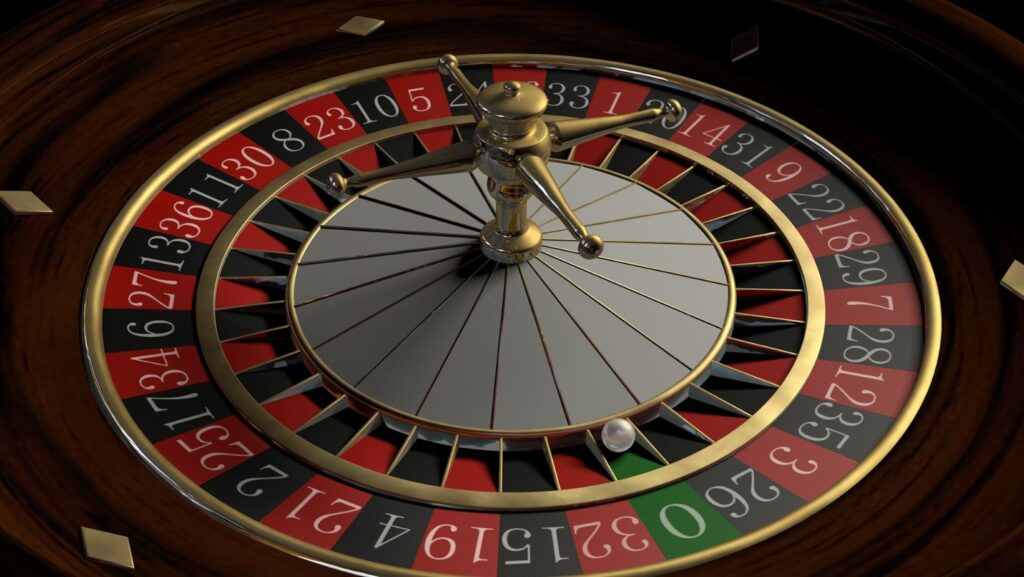Realizing The Mechanics
Understanding how these games work can help one to appreciate the concept of ideal spins. Every game runs on a random number generator (RNG), making sure every spin is completely separate from past spins. Thus, the result of one spin has no bearing on the next. Future spins are not impacted by your present turn’s outcome, win or loss.
The inherent randomness of these games can cause one to believe that past results might indicate a “hot streak” or a “cold streak”. Although one naturally looks for patterns in randomness, reality is that every spin is unaffected by those that preceded it. Therefore, the idea of an ideal number of spins turns from a mathematical certainty into a matter of knowledge regarding player behavior.
Another important factor affecting the possibility of obtaining larger payments is RTP, return to player. RTP, or return on investment, is a percentage showing the total amount of money a game pays back over a given length of time. For instance, over the long run a game with an RTP of 96% theoretically returns $96 for every $100 wage-rolled.
Although a higher RTP indicates a better likelihood of getting back a sizable amount of your investment, this percentage is computed over numerous spins. Consequently, in one session, players could get results very different from this average. One player might win large in a few spins, for example, while another might not see any returns until they have played for a longer length of time.
Psychological Aspects At Play
Understanding the idea of ideal spins requires a knowledge of the psychology underlying player behavior. Many players create customized plans or ideas about the number of spins they should do prior to anticipating a comeback. While some would contend that playing a specific number of spins, say 50 or 100, maximizes their odds of scoring a winning combination, others would advise changing their stake amounts to release other reward possibilities.
Anecdotal events where players may remember times of hitting jackpots following a designated number of spins often shape these ideas. Still, they are anecdotal events devoid of statistical data. The conviction that one must finish a predetermined number of spins might cause a phenomena known as the “gambler’s fallacy,” in which players wrongly think past events can affect present ones.
Establishing Individual Objectives
Although the idea of an ideal amount of spins might not hold up under examination, establishing personal goals and boundaries improves the gaming experience. Players can set their thresholds depending on fun, time spent, and emotional reactions to either winning or losing. This strategy discourages chasing losses and promotes responsible gaming, therefore avoiding stress and disappointment.
Using a methodical strategy could mean choosing a specified gaming time limit or a fixed amount of spins to do each session. This helps players to keep a more harmonic and fun experience independent of the results.
The Variance’s Influence
The gaming experience is strongly influenced by variance also known as volatility. While slot pragmatic games with low variance offer lower, more consistent payouts, those with high variation may yield more but less often. Knowing this difference helps players approach their spins.
Players who enjoy the excitement of possibly large gains, for instance, can gravitate toward high-variance games. Those seeking consistent rewards, on the other hand, could find low-variance games more tempting. When deciding how best to approach their gaming sessions, players should take their tastes and financial circumstances into account.
Enhanced Characteristics And Their Effects
Many digital games include extra elements meant to greatly improve payout possibilities. These characteristics may demand special conditions to be satisfied, such landing a particular symbol combination or reaching a given score. These elements can inspire excitement and expectation, therefore motivating players to keep spinning in hopes of setting off these traits.
Players should realize that the peculiarities of a given game could affect the ideal amount of spins. While some would discover that interacting with a specific feature several times results in more fulfilling experiences, others could find less success with comparable strategies.
Managers Of Bankroll
Another crucial consideration while playing these fun games is good bankroll management. Regardless of their supposed chance of getting bigger prizes, players should create a budget before they start playing and follow it. This approach guarantees a more pleasurable experience and helps to reduce losses.
Players should take spin count into account when developing a budget. A well-made budget lets players maximize their gaming session without going beyond their means. This conscientious behavior helps to improve general pleasure and promotes a better connection with the game.
Typical Confusions
Many false ideas surround the ideal amount of spins and how they affect rewards. Most people agree that players can use strategies or betting patterns to influence how their spins turn out. But as was already noted, the RNG guarantees that every spin is independent, thereby invalidating any possible control ability.
Another frequent fallacy is that there exist “hot” or “cold” devices. Although players could believe that some games generate more frequent wins, this impression is usually the consequence of anecdotal encounters rather than data. The design and RTP of any game define its payment, so the short term outcome is erratic.
Conclusion
All things considered, the concept of an ideal number of spins to maximize winnings in digital gambling is more complex than first seems. Every spin is autonomous; results are decided by chance instead of any set plan. The gaming experience is much shaped by RTP, volatility, personal tastes, and appropriate bankroll management as well as by other elements.




More Stories
The One Night My Bank Froze My Account — And Why I Switched to Crypto Gambling Forever
Mining Games Made Fun: Explore Miner Wars with GoMining
Why Mahjong Is the Ultimate Brain Training Game (And Not Just for Grandparents!)